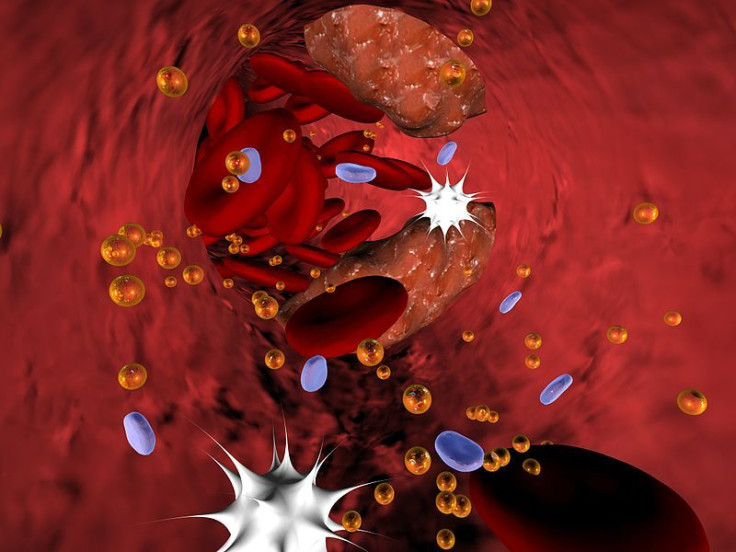Liptruzet Approved By FDA, Fails To Lower Heart Disease Risk

The U.S. Food and Drug Administration (FDA) on Friday approved a combination drug that lowers levels of "bad cholestorol" but has not been shown to reduce risk of cardiovascular disease.
To be marketed my Merck as "Liptruzet," the product combines the company's drug Zetia, which lowers low-density lipoprotein (LDL) with a generic version of Lipitor, the top-selling statin made by Pfizer, which lost patent protection in 2011.
Although the product was shown in a clinical trial to lower patients' LDL more than Lipitor alone, there was no reduction in risk for cardiovascular disease, leaving some cardiologists questioning its approval. "This is extremely surprising and disturbing," Dr. Steven E. Nissen, chairman of the Department of Cardiovascular Medicine at the Cleveland Clinic, told the media.
Nissen and other cardiologists have long doubted the efficacy of Zetia and the company's product Vytorin, which combined Zetia with the older statin Zocor. That product has been on the market for a decade but has not been shown to reduce the risk of cardiovascular disease.
A study of more than 18,000 patients will conclude next year whether Vytorin significantly reduced cardiovascular disease. Morgan Liscinsky, a spokeswoman for the FDA, defended the decision to approve the new combination drug, after rejecting Merck's application last year to request new information. "Liptruzet is a combination of two currently marketed drugs that effectively lower levels of LDL cholestorol," she said.
Merck said the new drug offers a good option for patients unsuccessful in lowering their LDL levels with other drugs. "A significant percentage of patients are unable to lower their LDL cholestorol to recommended levels despite treatment," said Dr. Peter H. Jones, an assistant professor at Baylor College of Medicine who advises Merck.
The manufacturer says they will price the drug competively for managed care at $5.50 per pill, to be taken once daily. Although sales of Zetia and Vytorin have fallen since 2007, the company reported revnues last year of $2.6 billion and $1.8 billion, respectively.
Published by Medicaldaily.com



























